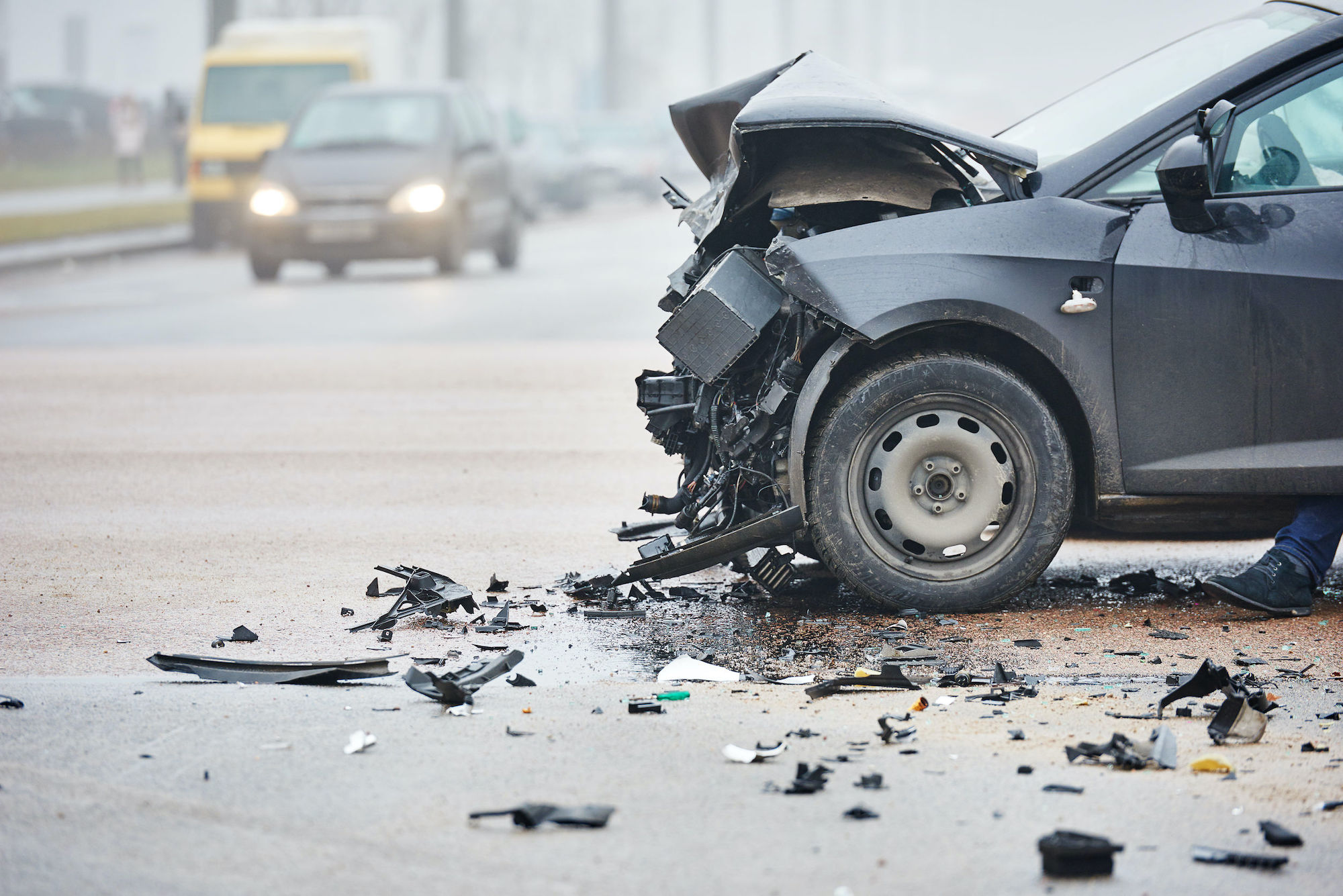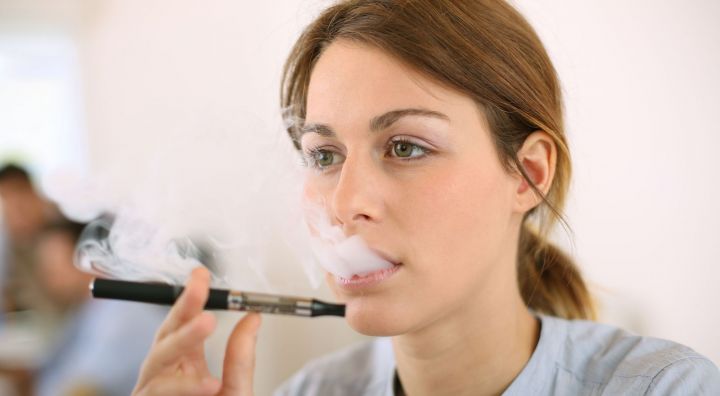Car accidents are the leading causes of PTSD (Post-Traumatic Stress Disorder) in the US. We talk with Dr. Edward Hickling, author and Professor of Psychology at the University of Albany, who says that about 3 million people are involved in serious car accidents every year, and for about 20% of those people, the psychological symptoms don’t go away after a month. Hickling says that PTSD is a normal reaction to a traumatic incident because humans aren’t supposed to be in life-threatening situations. One of the causes of PTSD after a car crash is hyperarousal, where any sight or sound related to a car crash can trigger a person’s memory and cause anxiety, stress and more. Individuals suffering from PTSD may also experience flashbacks in their daily life or in nightmares. Physical changes may range from hair fallout to respiratory or cardiovascular issues. PTSD is also more likely if the person believed that they were going to die as the crash was occurring.Dr. Hickling says that following an accident, many survivors find it harder to be a passenger rather than the driver because as a passenger they have less control and feel more vulnerable. He advises that it’s important for the survivor to learn something from the incident, no matter how horrific it was.
We talk with two crash survivors, Bill Hansen and Debbie Miller Koziarz, about their experiences with PTSD. Hansen, who walked away physically uninjured from his accident, describes feeling unsure whether he was alive or dead for days following the accident, and how these doubts persisted until he got help. Koziarz endured nine surgeries in the six years following her car accident, and describes feeling so anxious to be in a car again that sometimes she would even try to jump out.
PTSD is a serious condition, and survivors of traumatic events should not be afraid to seek help. Crash survivors are more likely to avoid taking risks of any kind, often choosing to stay indoors rather than resuming their normal lives, but this can prolong and worsen PTSD. Without treatment, the condition may alter their behavior and actions permanently. PTSD experts help patients to work through their trauma in order to see the world as it was for them prior to the accident.
Guest Information:
-
Bill Hansen, car accident survivor
-
Dr. Edward Hickling, Professor of Psychology, University at Albany and co-author, After the Crash
-
Debbie Miller Koziarz, car accident survivor











Leave a Reply